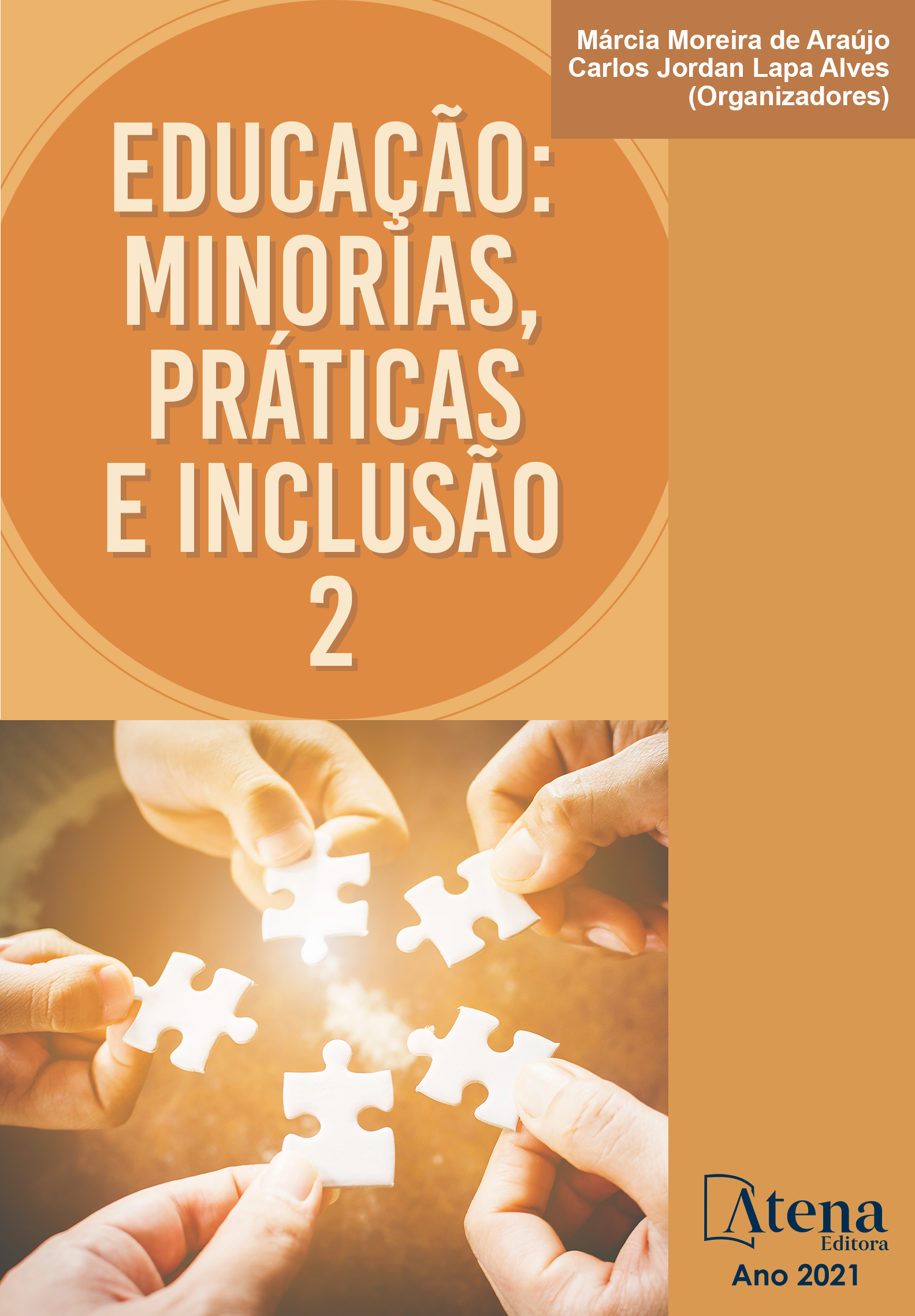
A “EX-POSIÇÃO” NA EDUCAÇÃO DE SURDOS: A COOPERAÇÃO COMO PROCESSO DE PRODUÇÃO DE CONHECIMENTO
Este artigo Científico sintetiza a dissertação que ouviu buscou ouvir as experiências de cinco intérpretes que atuam ou atuaram nas escolas regulares pela Secretaria de Educação do Estado do Espírito Santo (SEDU/ES) nos anos de 2015 a 2020, sendo um intérprete para cada ano em estudo. O problema da pesquisa se configura na seguinte pergunta: que relações são produzidas no envolvimento dos Tradutores e Intérpretes de Língua de Sinais (TILS) no processo de produção de conhecimento de alunos surdos? Este trabalho se desenvolveu nas esteiras dos estudos foucaultianos, mais especificamente com contraconduta e heterotopias, e se constrói a partir dos repertórios teóricos de ex-posição em Masschelein e Simons (2014) e cooperação com Sennett (2012). A metodologia de pesquisa adotada é de natureza qualitativa e envolve a análise de entrevistas narrativas de TILS, por meio de perguntas norteadoras e à luz dos teóricos discutidos. Como conclusão, os entrevistados apontaram as angústias que sentem por não ter um papel definido dentro da escola; que os editais precisam especificar suas atribuições, visto que tanto gestores quanto educadores cobram destes como se o aluno fosse de sua inteira responsabilidade, e ainda apontam a necessidade do trabalho em equipe. É nesse viés que buscamos como produto final elaborar um documento com registros que emergiram através das falas dos sujeitos entrevistados, com o objetivo de colaborar com possíveis melhorias no desenvolvimento de outros editais que tangem à contratação de TILS, tendo em vista que esses profissionais são os que vivenciam diariamente as tensões desse ofício.
A “EX-POSIÇÃO” NA EDUCAÇÃO DE SURDOS: A COOPERAÇÃO COMO PROCESSO DE PRODUÇÃO DE CONHECIMENTO
-
DOI: 10.22533/at.ed.34321180524
-
Palavras-chave: Cooperação. Surdos. Tradutor/intérprete de Libras.
-
Keywords: Cooperation. Deaf. Libras translator / interpreter.
-
Abstract:
This Scientific article synthesizes the dissertation he heard sought to hear the experiences of five interpreters who work or have worked in regular schools by the Secretary of Education of the State of Espírito Santo (SEDU / ES) in the years 2015 to 2020, being an interpreter for each year in study. The research problem is configured in the following question: what relations are produced in the involvement of Sign Language Translators and Interpreters (TILS) in the knowledge production process of deaf students? This work was developed in the wake of Foucauldian studies, more specifically with counter-conduct and heterotopias, and is built on the theoretical repertoires of ex-position in Masschelein and Simons (2014) and cooperation with Sennett (2012). The research methodology adopted is of a qualitative nature and involves the analysis of TILS narrative interviews, through guiding questions and in the light of the theorists discussed. As a conclusion, the interviewees pointed out the anxieties they feel about not having a defined role within the school; that the notices need to specify their assignments, since both managers and educators charge them as if the student were their sole responsibility, and also point out the need for teamwork. It is in this bias that we seek as a final product to prepare a document with records that emerged through the speeches of the interviewed subjects, with the objective of collaborating with possible improvements in the development of other notices that relate to the hiring of TILS, bearing in mind that these professionals they are the ones who daily experience the tensions of this trade.
-
Número de páginas: 20
- Edmar Reis Thiengo
- Nathalia da Silva Castro


